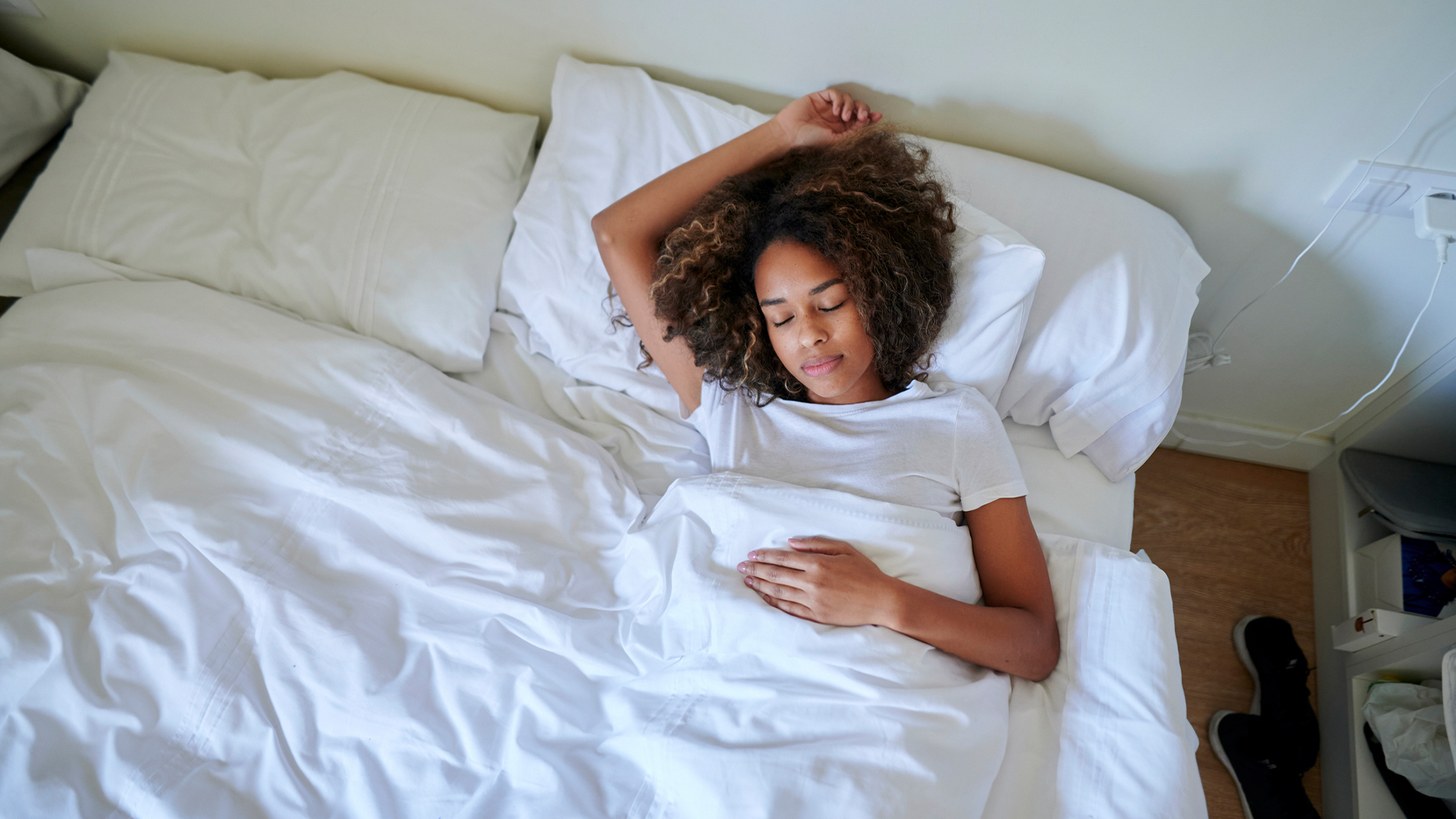Apparently, Black and brown people are not getting enough sleep, according to a report from Science magazine. The analysis reveals that communities of color take longer times to fall asleep and spend less time engaging in deep sleep. Black and brown people also wake up more throughout the night, which can lead to health issues such as diabetes and heart disease.
University of Miami sleep researcher Girardin Jean-Louis has made it his mission to find better ways of combating the issue.
"Anybody really sleeping six [hours] or less are at risk," Jean-Louis said, according to WBUR. "In terms of Blacks and brown folks of Latinx background, about 45% of them are sleeping six or less, which means therefore that the risk for cardiometabolic condition as well as early mortality are substantially higher."
Jean-Louis works to educate communities by approaching local businesses where the majority of the patrons are of color, and conversing about the importance of getting adequate sleep. His team of “certified sleep educators” have a website aimed to school those who may be experiencing a lack of adequate sleep.
The adjunct professor established his studies in the late '90s. Once he discovered that men of color slept an hour less than white men, his curiosity as to “why” came into play.
Science magazine cites shift work as a main reason for lack of sleep. Many people of color don’t work in their desired careers of choice. Add that to working nontraditional hours such as midday and graveyard shifts, and Black and brown people become disadvantaged.
NewsOne reports that a sleep study conducted in 2010 indicated that people of color were two times as likely to work night shifts as opposed to daytime shifts. Racism, socioeconomic status and insomnia were also unveiled as contributing to a lack of sleep. Additionally, 60% of Black people suffer from insomnia caused by racial discrimination.
Jean-Louis provided an example as to how racism can affect sleep by referencing the late George Floyd.
“If you saw what was happening, for instance, about a year and a half ago and George Floyd happened, a lot of Black folks were just not sleeping enough,” he said, according to NewsOne. “So if you already sleeping six hours or less and you lose another 30 minutes, this could be the tipping point for what might become high blood pressure, diabetes and difficulty with HIV and cancer management.”
Jean-Louis told WBUR that even environment makes a difference as to how people of color sleep. “Noise is a problem, light pollution is a problem. The temperature fluctuation in those high-rise buildings in Brooklyn, New York, are significant problems,” he said. “Lack of access to green spaces has significant problems.”
While he advised people to be much more cautious and take initiatives to make changes, Jean-Louis didn't discourage those who can function on six hours of sleep. He instead advocated for those who develop poor and inconsistent sleeping habits to seek medical attention.
"Similarly, people who are sleeping an adequate amount seem to have to do much better when they take the COVID vaccine, for instance,” he said. “So sleep an adequate amount. Boost your immune function. [That] makes it easier for you to function on a daily basis.”
